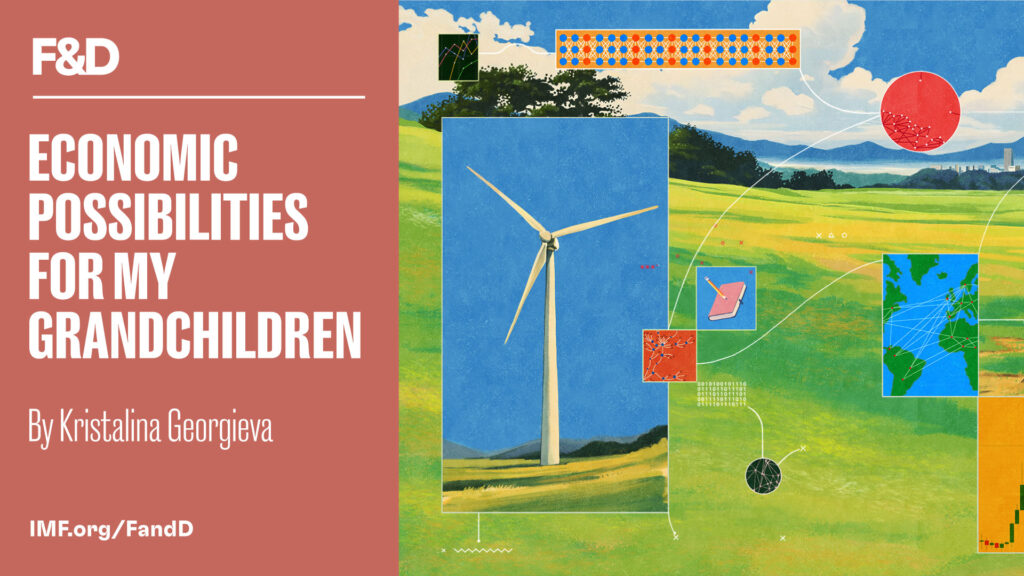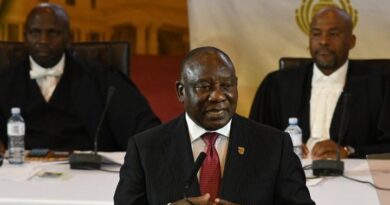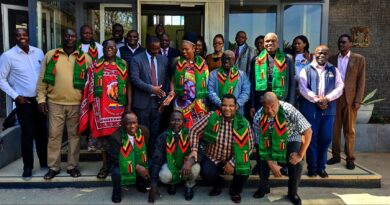IMF Chief Kristalina Georgieva Calls for Decisive Economic Action to Benefit Future Generations
Kristalina Georgieva, the Managing Director of the International Monetary Fund (IMF), delivered a compelling address at Cambridge University, stressing the pressing necessity for decisive economic action in the present decade to secure a prosperous future for generations to come.
Inspired by John Maynard Keynes’ seminal 1930 essay, “Economic Possibilities for Our Grandchildren,” Georgieva delineated a vision for an economy that serves not only the immediate generation but also future
Georgieva highlighted the weak medium-term prospects facing the global economy, exacerbated by rising geopolitical tensions and the challenges young people face today, including education costs, job scarcity, housing affordability, and the looming impact of climate change.
She warned of the potential for increasing societal and political instability if these issues are not addressed.
Reflecting on Keynes’s optimism during the Great Depression, Georgieva noted that global living standards have indeed risen eightfold over the past century, a testament to the power of technological innovation and capital accumulation.
She emphasized the unprecedented poverty reduction and improvements in life expectancy, literacy rates, and education levels, particularly for girls, over recent decades.
However, Georgieva acknowledged significant policy errors, particularly the failure to distribute the benefits of growth equitably and support those adversely affected by technological and trade dislocations.
High economic inequality, she noted, has eroded social trust and increased geopolitical tensions, threatening global economic fragmentation.
To ensure a prosperous future, Georgieva proposed focusing on three key areas: climate investment, technological advancement, and human capital development.
Georgieva urged the mobilization of trillions of dollars for climate mitigation, adaptation, and transition, advocating for carbon pricing to accelerate decarbonization.
She noted the progress made, with carbon pricing programs now covering a quarter of global emissions, and called for further action to achieve a carbon-neutral economy.
Highlighting the potential of artificial intelligence (AI) and other innovations, Georgieva stressed the need for responsible AI usage to boost productivity and reduce inequality.
She called for global principles to manage AI risks and ensure it benefits humanity, alongside investments in digital infrastructure and skills training.
Georgieva underscored the importance of investing in health, education, and social safety nets, with a particular focus on empowering women and addressing Africa’s burgeoning young population.
She advocated for better international support and domestic policies to attract long-term investment and technology transfer to Africa, unlocking the continent’s potential and fostering global economic dynamism.
Georgieva concluded by calling for a new era of “21st century multilateralism” to foster international cooperation and address borderless challenges like climate change.
She urged a modernized approach to global institutions like the IMF, emphasizing the need for balanced representation and continued support for member countries.
“Together, we can build a better world for our grandchildren,” Georgieva stated, reaffirming her commitment to a brighter future through concerted global efforts and decisive action today.



